Along with modern medical treatments for allergic rhinitis, oriental medicine also has effective measures to prevent and support the treatment of this disease.
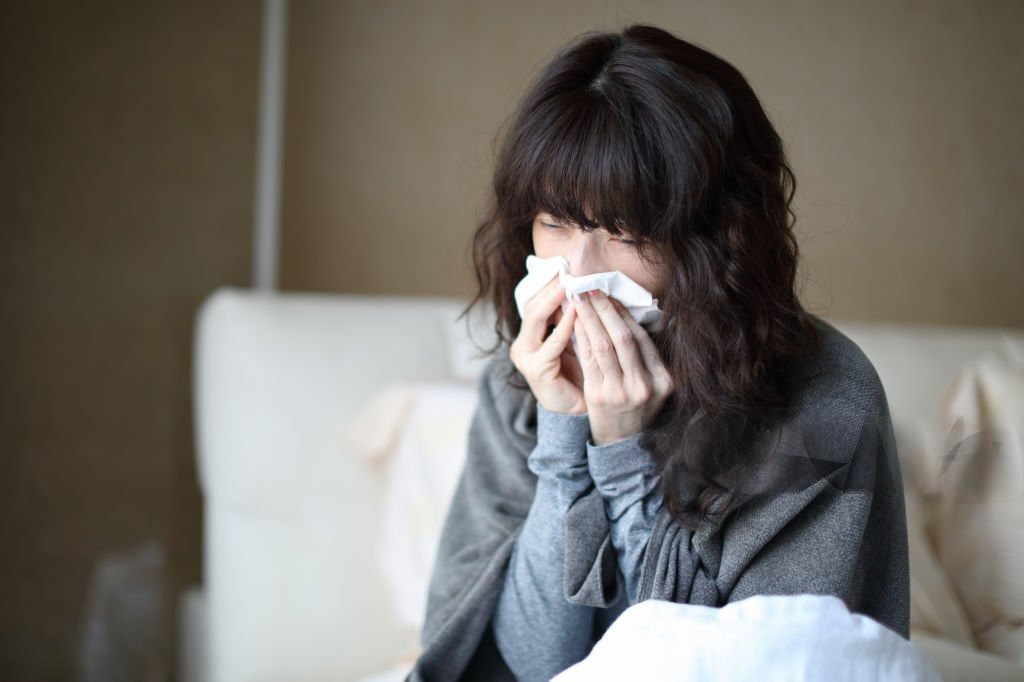
Common symptoms of allergic rhinitis are sneezing, runny nose, stuffy nose, headache... - Illustration/ Source: Getty
The disease is difficult to cure completely and often recurs.
Dr. Tran Chien Thang - Department of Five Senses ( Hung Yen Province Traditional Medicine Hospital) - said that allergic rhinitis is a fairly common disease. The climate is increasingly harsh, environmental pollution increases, the rate of allergic rhinitis is higher.
Allergic rhinitis is not too serious but cannot be completely cured and often recurs with changes in the weather.
The causes of allergic rhinitis can vary, depending on whether symptoms appear seasonally, year-round or intermittently, such as pollen and mold dust outdoors, dust indoors...
Food also causes allergic rhinitis, depending on the person, allergic symptoms in the nose are often accompanied by symptoms in the skin, intestines - stomach, and lungs.
Common symptoms of allergic rhinitis are sneezing, runny nose (clear, not sticky), stuffy nose, headache, itchy throat and cough... These are symptoms that make the patient easily mistake it for a cold.
According to oriental medicine, allergic rhinitis is a symptom of runny nose and stuffy nose. The cause comes from the lung and spleen organs being weakened, causing the protective qi to not be strong, and evil qi can easily invade the lung meridians, causing the lung qi to lose its ability to circulate and descend, leading to symptoms of runny nose, sneezing, runny nose, or stuffy nose...
Allergic rhinitis is caused by two factors: dysfunction of internal organs (mainly lungs and spleen); invasion of wind, cold, and pathogenic qi. These two factors can combine to cause heat in the lungs, reduce resistance, and make it easy to get sick.
According to Dr. Thang, the principle of treating allergic rhinitis in oriental medicine is to nourish the vital energy to help increase blood circulation of internal organs, balance yin and yang, enhance vital energy, and protect the body;
Use herbs that have the effect of expelling wind, dispelling cold, eliminating dampness, clearing heat, detoxifying, anti-inflammatory, and antibacterial.
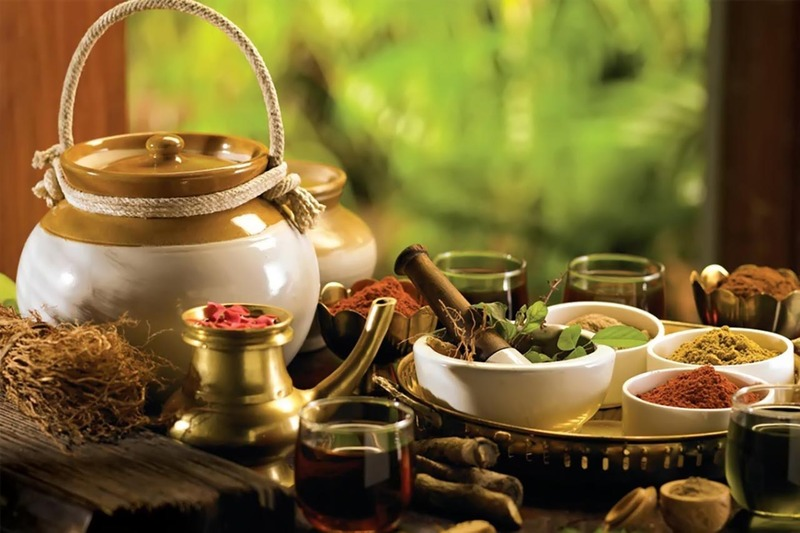
Depending on each type of allergic rhinitis, the oriental medicine practitioner will prescribe appropriate medicine - Illustration photo
Medicines for each disease
Depending on the type of allergic rhinitis, the oriental medicine practitioner will prescribe appropriate medications:
- Cold and damp body : Common symptoms such as runny nose, sneezing, stuffy nose, often appear or increase when exposed to cold. Use remedies that have the effect of dispelling wind, eliminating cold, reducing secretions and clearing the nostrils.
- Wind-cold type : Symptoms include headache, neck pain, sneezing, runny nose and stuffy nose. The disease occurs in cold weather and the symptoms worsen when exposed to cold. The remedies have the effect of dispelling wind, dispelling cold, and clearing the nose.
- Yin deficiency : With symptoms such as dry nose, stuffy nose, sneezing and runny nose, dry mouth, thirsty throat, thin body, often feeling feverish in the afternoon, constipation, red urine. Use remedies that nourish lung yin and clear the nose.
- Weak constitution : In case of patients with allergic rhinitis, their constitution is weak, allowing wind to invade with symptoms of nasal congestion, sneezing, runny nose, fatigue, loss of appetite, and sweating. Often use remedies that have the effect of replenishing Qi and clearing the nostrils.
In addition to using medication, it is necessary to combine non-medicinal measures such as steaming the nose with water boiled from grapefruit peel, lemongrass, mint leaves, garlic, shallots, etc. to inhale essential oil vapors, creating a feeling of ventilation when breathing.
Or use herbs with anti-inflammatory properties that help treat allergic rhinitis such as mint, cinnamon, star fruit leaves...
Can be used alone or in combination with other medicines as prescribed by a traditional medicine practitioner. Patients should absolutely not use medicine on their own without curing the disease, which may even worsen or cause risks due to incorrect use of medicine.
Acupressure and medicinal application methods also help support the treatment of allergic rhinitis.
To immediately relieve symptoms of sneezing and runny nose, press some acupoints around the nose area: two Yingxiang acupoints located horizontally below the nostrils, about 5mm to the sides. Two Sibai acupoints located horizontally from the curve of the bridge of the nose and the nostrils, about 5mm to the sides. Suliao acupoint, the protruding part of the tip of the nose.
Use the tip of your index finger to press firmly on the points repeatedly. These points have both immediate and long-term effects. Therefore, you can apply pressure to the above points several times every day.
How to prevent allergic rhinitis?
Avoid pathogens such as smoke, dust, pollen, butterfly wings, animal fur, lacquer, gasoline, chemical vapors, etc.;
Minimize keeping dogs and cats in the house or letting them sleep on the bed;
Periodically clean blankets, sheets, pillows, mattresses, chair covers, cushion covers, and curtains; The living, studying, and working environment needs to be airy, cool, clean, and free of moisture to limit mold growth.
Regarding food, avoid foods that can cause allergies such as silkworm pupae, tuna, shrimp, crab, etc. In addition, pay attention to oral hygiene, brush your teeth after eating, before and after waking up;
Minimize smoking; avoid or limit exposure to dust; wear a mask when cleaning the house and going out; keep your body warm when the weather changes;
Regular exercise, a healthy diet, adhering to a scientific and healthy lifestyle, keeping the spirit refreshed, getting enough sleep, good sleep quality... help improve resistance.
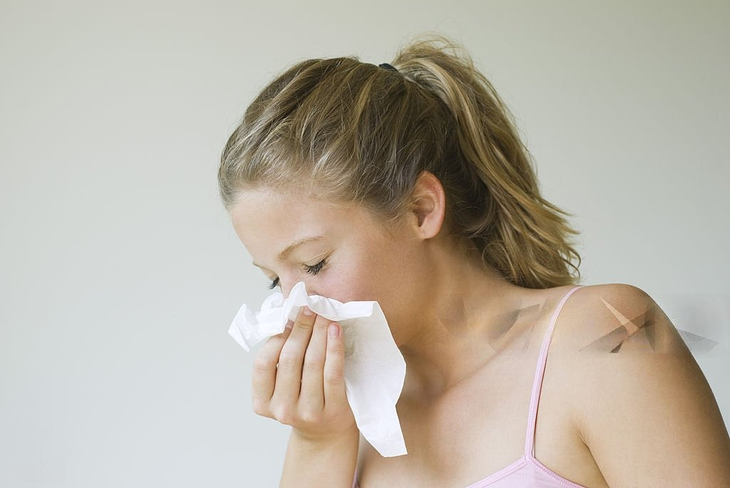 Suffering from allergic rhinitis
Suffering from allergic rhinitisSource: https://tuoitre.vn/chua-viem-mui-di-ung-bang-dong-y-nhu-the-nao-20241023210551269.htm






![[Photo] Cat Ba - Green island paradise](/_next/image?url=https%3A%2F%2Fvphoto.vietnam.vn%2Fthumb%2F1200x675%2Fvietnam%2Fresource%2FIMAGE%2F2025%2F12%2F04%2F1764821844074_ndo_br_1-dcbthienduongxanh638-jpg.webp&w=3840&q=75)



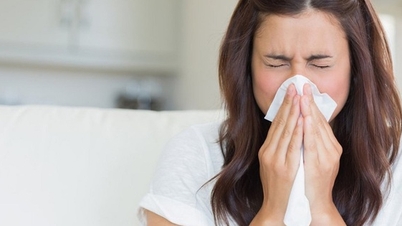





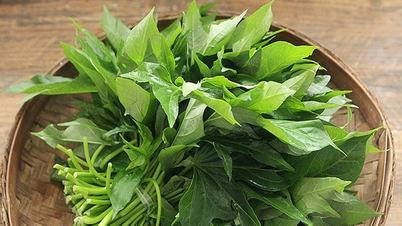

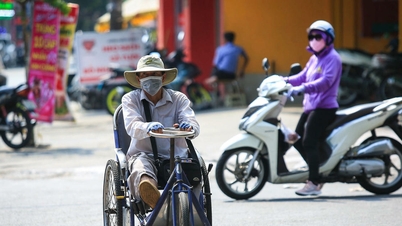


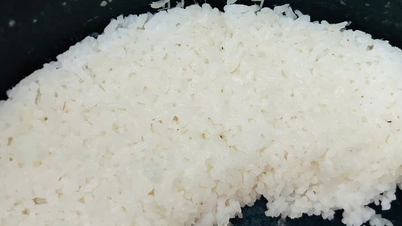


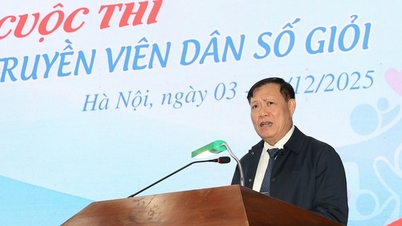











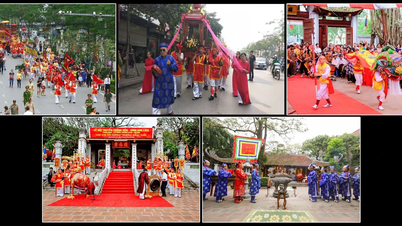




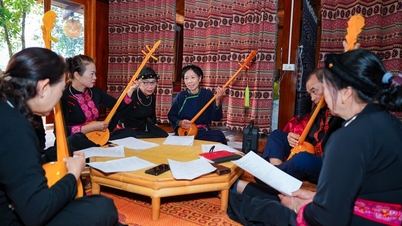



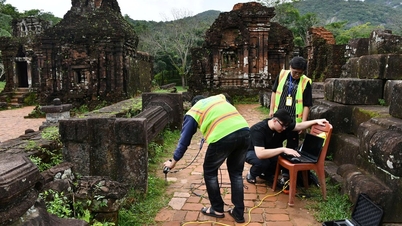



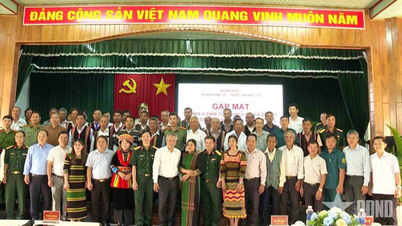

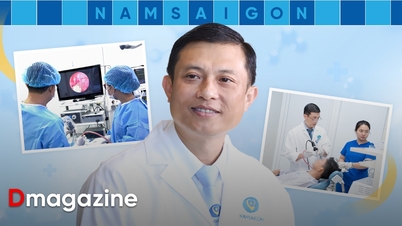

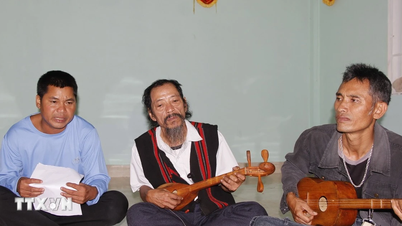
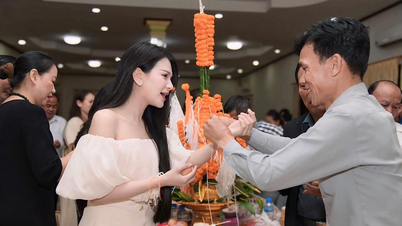



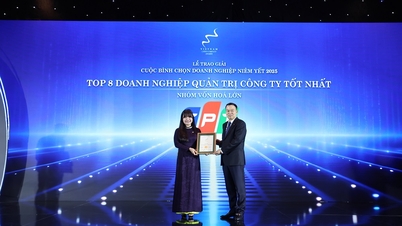



![[VIMC 40 days of lightning speed] Da Nang Port: Unity - Lightning speed - Breakthrough to the finish line](https://vphoto.vietnam.vn/thumb/402x226/vietnam/resource/IMAGE/2025/12/04/1764833540882_cdn_4-12-25.jpeg)
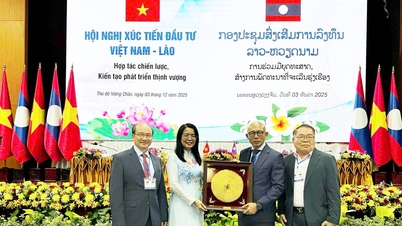











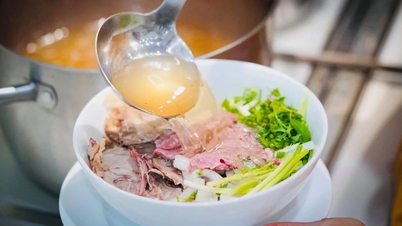
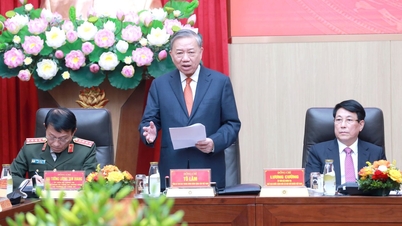

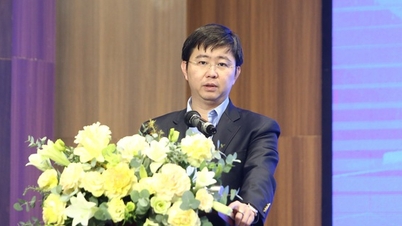

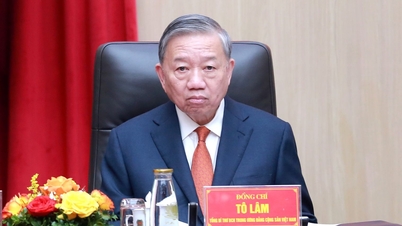


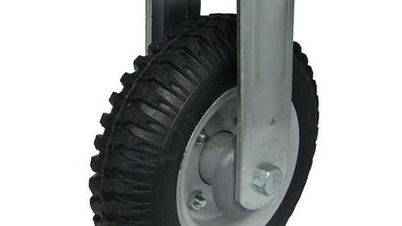


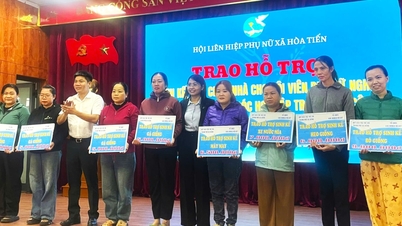

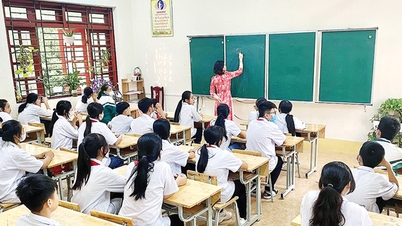

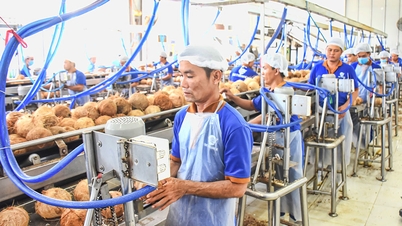
















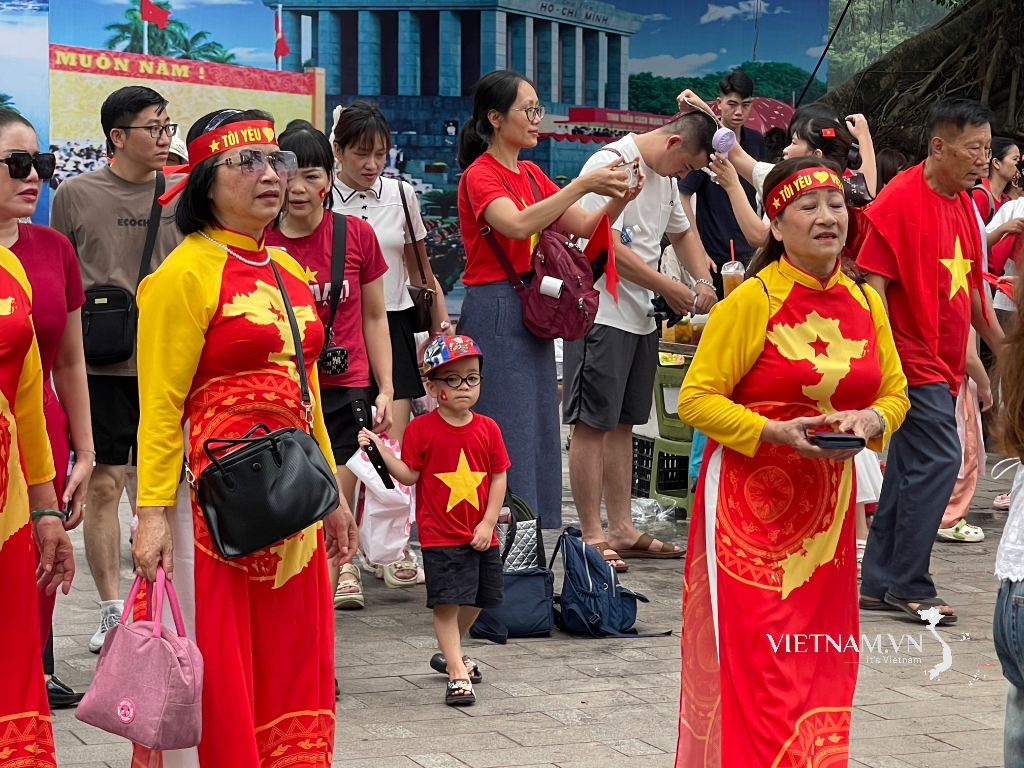

Comment (0)